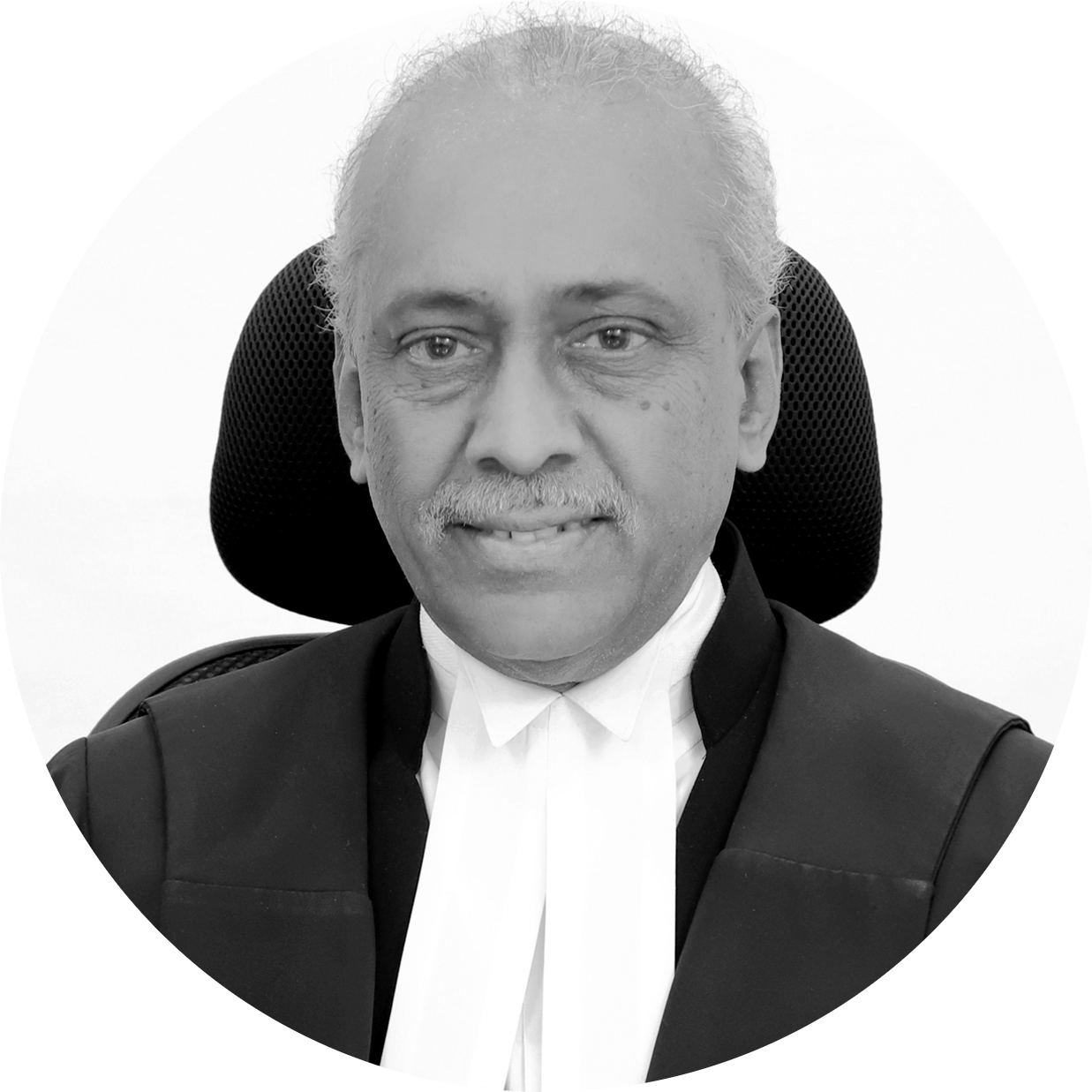Uniform Divorce, Maintenance & Alimony Laws
Ashwini Kumar Upadhyay v Union of India
The Supreme Court will decide if uniform grounds of divorce, maintenance and alimony irrespective of religion or gender need to be framed. The Court's decision is likely to contribute to national discussions about a Uniform Civil Code.
Pending
Parties
Petitioner: Ashwini Kumar Upadhyay
Lawyers: Pinky Anand; Meenakshi Arora; Ashwini Kumar Upadhyay; Ashwani Kumar Dubey; Saudamini Sharma; Manish Kumar; Sumit Teterwal
Respondent: Ministry of Home Affairs; Ministry of Law & Justice (Legislative Department); Ministry of Women and Child Development
Lawyers: Tushar Mehta; K.M. Nataraj; G.S. Makker
Case Details
Case Number: WP (C) 1144/2020
Next Hearing:
Last Updated: November 28, 2022
Key Issues
Whether the personal laws governing divorce, maintenance and alimony is discriminatory on the basis of religion and gender?
Whether the personal laws governing divorce, maintenance and alimony violate Articles 14, 15 and 21 of the Constitution of India, 1950?
Whether the Legislature should be directed to address the inconsistent divorce, maintenance and alimony provisions?
Case Description
Currently, matters of marriage, divorce, maintenance and alimony is covered under personal laws. The Petitioner, Ashwini Kumar Upadhyay, a lawyer and BJP party politician seeks to crystallize the disparate personal laws. He has filed two public interest litigation petitions: one seeking uniform grounds of divorce, the other seeking uniform grounds of maintenance and alimony.
The petition claims that the divorce laws in India are complex and neither gender-neutral nor religion-neutral. Grounds for divorce under the Hindu Marriage Act, 1955 are different from personal laws for Muslims, Parsis and Christians. For instance, adultery can be grounds for divorce for Hindus but not Muslims. With respect to maintenance and alimony, it constitutes the ‘only source of livelihood’ for many.
In this context the inconsistent personal laws governing the issues of divorce, maintenance and alimony is discriminatory and reinforce ‘patriarchal and stereotypical notions about women’ the petitioner notes. This goes against the right to life and dignity (Article 21), the right to equality (Article 14), right against discrimination based on sex and religion (Article 15).
Hence the petitioner is seeking for gender and religion-neutral divorce, maintenance and alimony laws. The first step towards achieving this, he argues, is through a Uniform Civil Code (UCC). The debate around a UCC has been contentious. In Lily Thomas and Shah Bano, the Court had underlined the need for UCC. Last year, the Court noted in Jose Paulo Coutinho that ‘there has been no attempt to frame a (UCC)… despite exhortations’. On the other hand, it is argued that UCC will violate the right to religious freedom under Article 25. In 2018, a white paper by the Law Commission urged that “the legislature should first consider guaranteeing equality within communities between men and women, rather than equality between communities”. It concluded that UCC was “neither desirable nor possible”.
The petition appeals the Court to direct the Legislature to remove the inconsistencies in the personal laws. Alternatively, it asks for the Court to declare maintenance and alimony provisions in personal laws as unconstitutional and frame uniform grounds.
The case is listed before a three-judge bench comprises Chief Justice S. A. Bobde, and Justices A S Bopanna and V Ramasubramanian. On 16 December 2020, the bench issued notice to the Government with “great caution” as the current cases seek to substantially unsettle the personal law regime.



